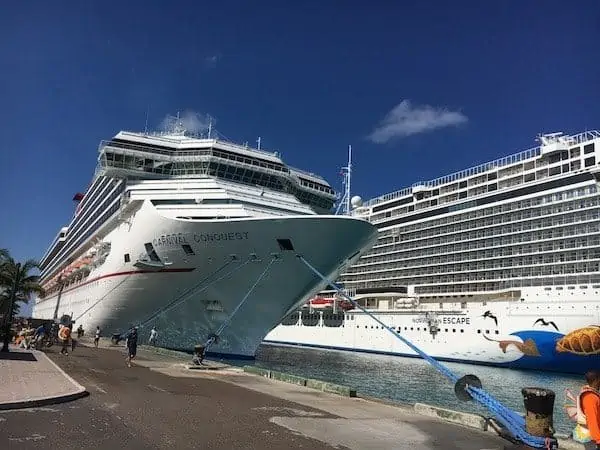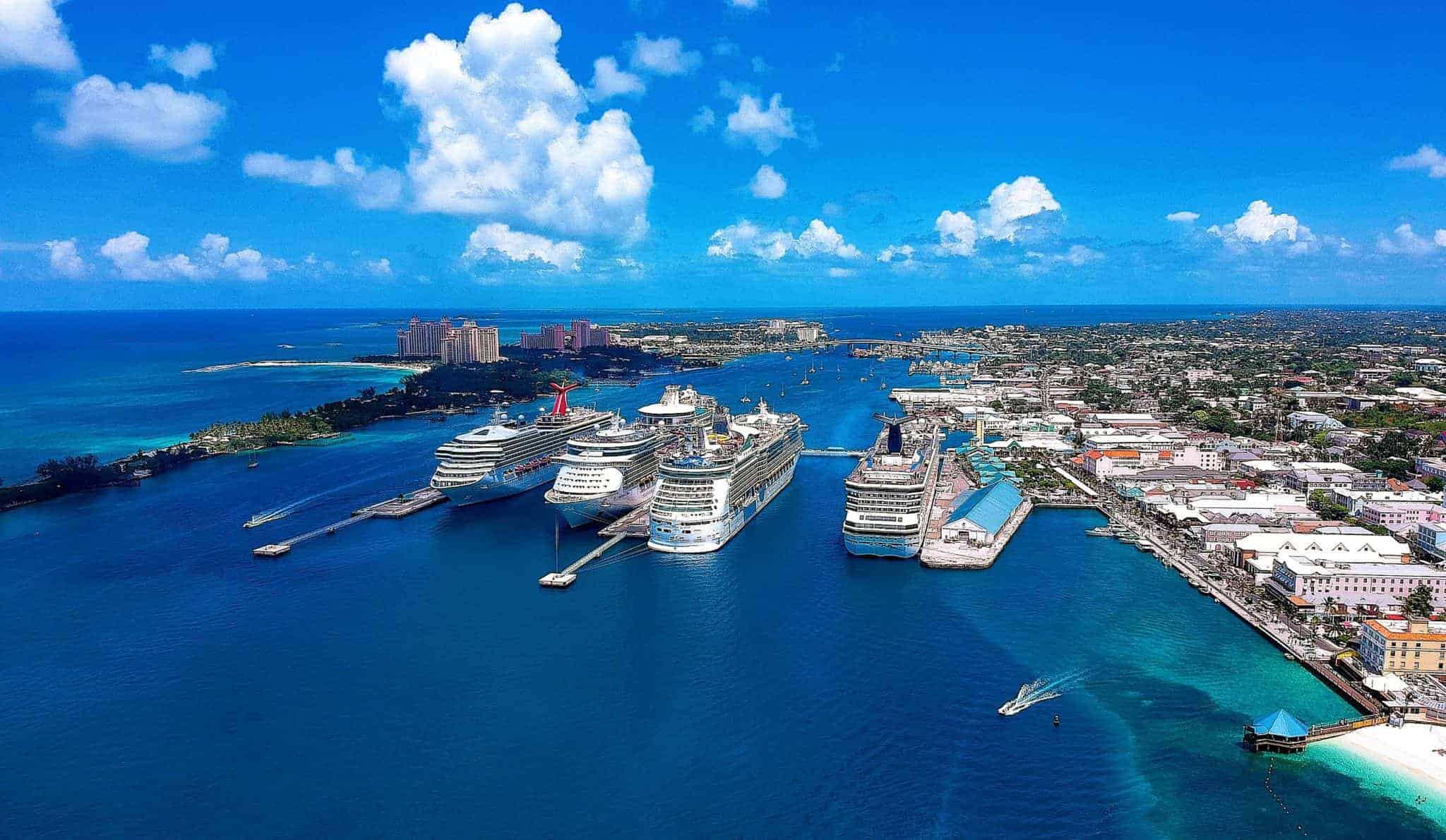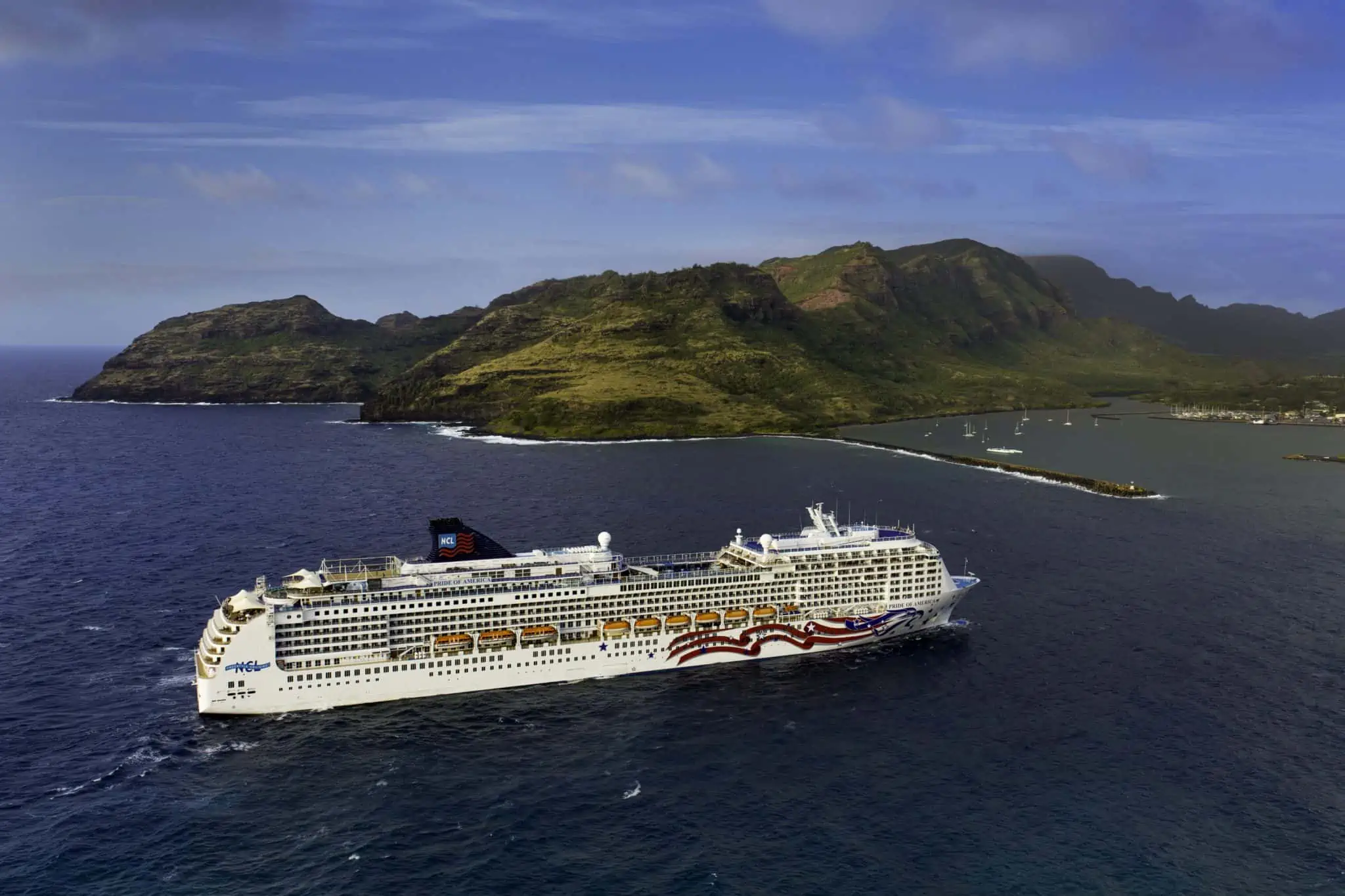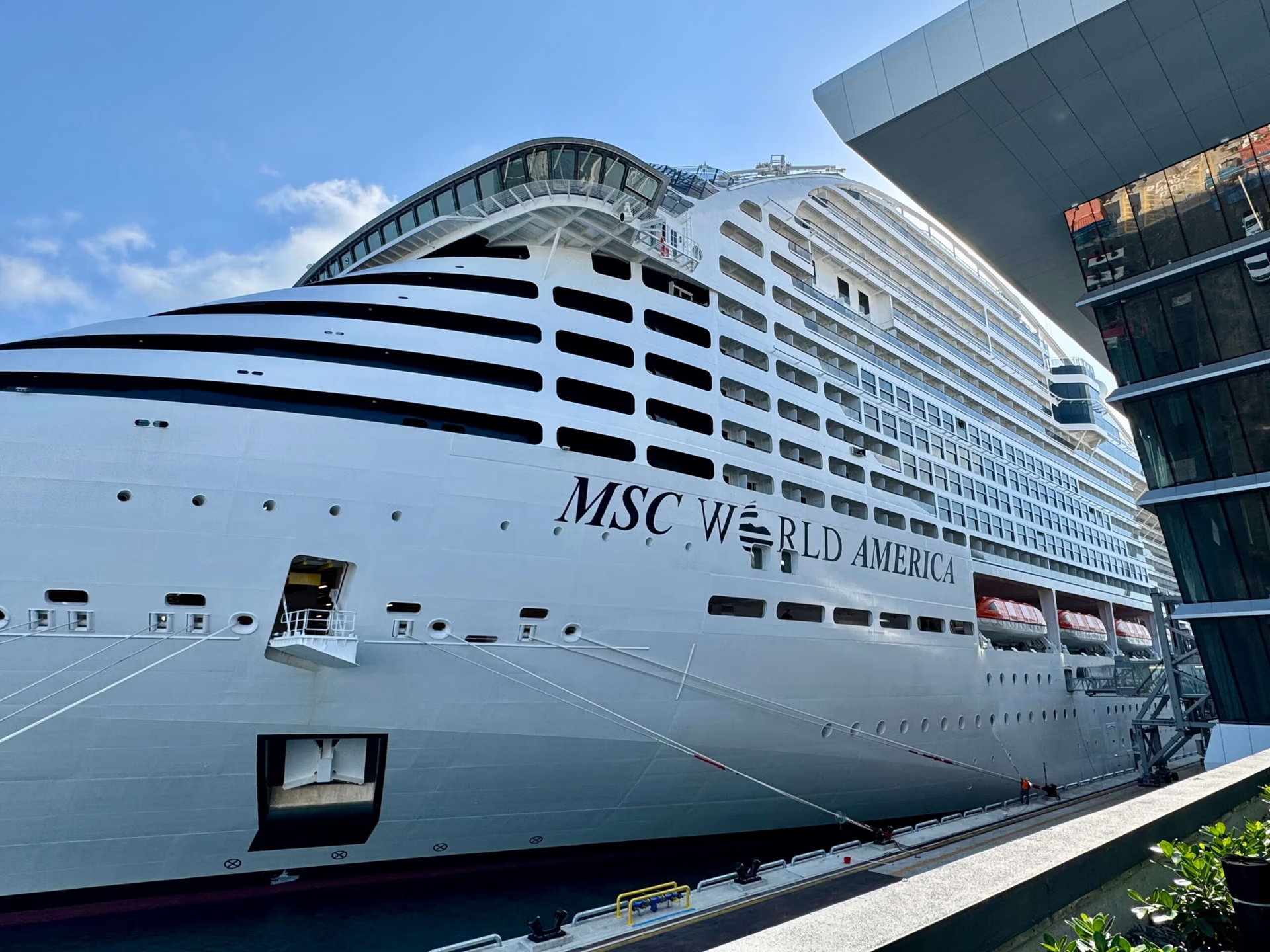As many states prepare to reopen after three months of self-isolation and social distancing, cruisers are finding the travel itch a bit difficult to scratch.
Whether or not cruise lines will return to service this summer is still up in the air, but as the mainstream media’s cruise line finger-pointing dies down, we’d like to continue dispelling some of the wild misreporting that’s been happening since February.
This second installment of Cruise Radio’s “Fact Check” series will address whether cruise lines — which largely source customers from North America — do, in fact, pay taxes in the United States and, if so, how much and to whom.
Do Cruise Lines Pay Taxes in the U.S.?

The short answer is yes, but there’s a bit more to it. Provisions under the U.S. Internal Revenue Code allow foreign corporations — like cruise lines — to do business in America without being taxed federally, as long as they are registered in countries that have reciprocal agreements with the U.S.
A big misunderstanding is the manner in which international shipping is handled under the tax code is not a “tax shelter.” It is how international shipping – long before there was a cruise industry – has been taxed. It is memorialized in numerous treaties that the U.S. has with other countries. Countries have not been able to find an equitable way to tax shipping that traverses international boundaries constantly.
READ MORE: How Much Are Port Fees and Taxes?
So to put it simply, the agreement is, “You don’t tax our ships and we won’t tax yours.”
It’s a mutual policy that equally benefits U.S. corporations that are, in return, able to do business internationally without being taxed in those countries.
Carnival Corp. — which operates Carnival Cruise Line, Princess Cruises, Holland America Line, Costa Cruises, Cunard Line and Seabourn Cruises — is registered in Panama; Royal Caribbean Cruises, Ltd. — operating Royal Caribbean International, Celebrity Cruises, Azamara Cruises and Silversea Cruises — is registered in Liberia; and Norwegian Cruise Line Holdings — which comprises Norwegian Cruise Line, Regent Seven Seas Cruises and Oceania Cruises — is registered in Bermuda.
A representative from Carnival Corp. told Cruise Radio that, in addition to the taxes it paid to the U.S. Federal Government in 2019, the corporation shelled out an additional $600 million in port taxes and fees directly to port cities in the United States.
According to the Internal Revenue Service (IRS), Panama, Liberia and Bermuda are all countries that have reciprocal tax agreements with the U.S., so none of the aforementioned cruise lines pay federal taxes in the U.S.
However, they do pay docking fees to the U.S. ports they visit. They also pay per-passenger head taxes that range from about $5 to $15 per person in certain ports; on a midsize ship carrying 3,000 passengers, that amounts to between $15,000 and $45,000 per port call.
Further, cruise lines are subject to state income taxes, as well as various other taxes, such as a 33% tax on all gambling revenue generated while in Alaska waters.
Additionally, more than 420,000 U.S.-based employees or people associated with cruise industry pay federal and state income taxes.
How much do cruise lines pay in taxes?
In 2019, Carnival Corp. paid $71 million in taxes on $3.06 billion in income. In the same year, Royal Caribbean Cruises, Ltd. paid $25.5 million in taxes on $1.8 billion in income, and Norwegian Cruise Line Holdings paid $18.9 million in taxes on more than $911 million in income.
That works out to a tax rate of 2.32% for Carnival Corp., 1.4% for Royal Caribbean Cruises, Ltd. and 2.07% for Norwegian Cruise Line Holdings.
According to PricewaterhouseCoopers, the federal tax rate for foreign corporations that are not tax-exempt is 21%; when combined with state and local taxes, that rate goes up to 25.75% for non-tax-exempt foreign corporations.
Did cruise lines ask for a bailout from the U.S. Federal Government?

No. Despite many media outlets’ gleeful announcements that the cruise industry was excluded from U.S. bailouts, what they haven’t mentioned is that the cruise lines never asked to be included in the first place.
According to the Cruise Lines International Association (CLIA), the organization that collectively represents passenger cruise lines, the lines and their parent companies did not request federal assistance.
Although all three of the major cruise line parent companies were able to secure enough non-government funding to sustain themselves for the short term, they all imposed some variation of layoffs, furloughs and/or salary cuts on their employees.
It’s also important to recognize that cruise lines aren’t the only ones benefitting from U.S. tax law loopholes.
Many profitable Fortune 500 companies — including International Business Machines (IBM), Amazon, Molson Coors, Netflix, Apple and even General Motors, which did receive a government bailout in 2008 — also avoid paying federal taxes, according to a 2019 report by the Institute on Taxation and Economic Policy (ITEP).
Want more cruise line fact-checking?
Take a peek at our first installment, which addresses cleanliness standards on cruise ships, and stay tuned to Cruise Radio for additional coverage.







